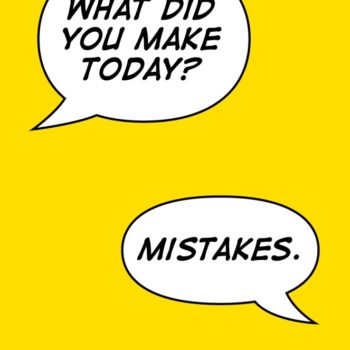It sounds easy enough. The task is actually given to a lot of people as they interview for a sales job. The Wolf of Wall Street is all about selling. Jordan Belfort played by Leonardo DiCaprio sells and sells and sells and much of the money he makes he ingests in the form of various illegal substances. The film, based on a true story, is a love letter to excess and materialism and can best be described in cinematic terms as Fear and Loathing in Las Vegas meets Wall Street.
There’s little redeemable about any of the characters, but their seemingly hyperbolic attitudes and actions make the film comedic in ways that allows audiences to suspend the ethical and moral outrage at the characters who constantly prey upon others to laugh at their antics. Scorcese and DiCaprio actually make Jordan Belfort, if not likeable, a character worthy of interest. We root for him to continue to elude Federal Agent Patrick Dunham (played by Kyle Chandler) and are continually upset by the mistakes Donnie Azoff (played by Jonah Hill) makes in his constantly drug-addled consciousness as he jeopardizes Belfort.
The film is a ride, in the best way cinema can be–it allows one to escape themselves and put aside his pedestrian cares. But if that is the film’s greatest success, its greatest failure is its lack of directorial point of view as the film concludes. At 3 hours in length it isn’t lacking the opportunity to make a statement. The ending (which features the actual Jordan Belfort on stage with DiCaprio ) shows viewer Belfort rebuilding himself and his brand after serving easy time in a federal penitentiary. He has all of the energy and attitude he had previously. Normally I would accept this as a statement that the world of money is without room for any moral judgement, but clearly Belfort went to jail after his attempt to subvert the Feds (again). With all he lost (there’s plenty of excess to clearly understand what he’s stripped of) there is no way he’s unchanged by the experience. But comment is eerily and peculiarly absent and in a world reeling from financial scandal and economic despair comment of any sort (I don’t need to agree with its message to respect it) is an opportunity missed and sadly so.
Ultimately, The Wolf of Wall Street sells its viewers a bill of goods, which is art imitating life. We’re brought along for the ride. Whether or not we’re pleased at the end in no way discounts its ability to create buy-in. This is a solid 4. In the right mood maybe even a 4.5. If you’re feeling overly existential probably a 3.5 (but would rankings even matter?).










